The workshop was held in Hanoi, with the participation of dozens of leading rice scientists from 15 member countries of AFACI (short for Asia Food and Agriculture Cooperation Initiative).
AFACI is a multilateral cooperation program of the Rural Development Administration (RDA) of Korea, which aims to improve food production and promote sustainable agriculture in several Asian countries, including Vietnam, through the transfer and sharing of knowledge and technology. To realize its goals, AFACI has been implementing, managing, funding and coordinating multilateral projects, training courses, and international seminars.
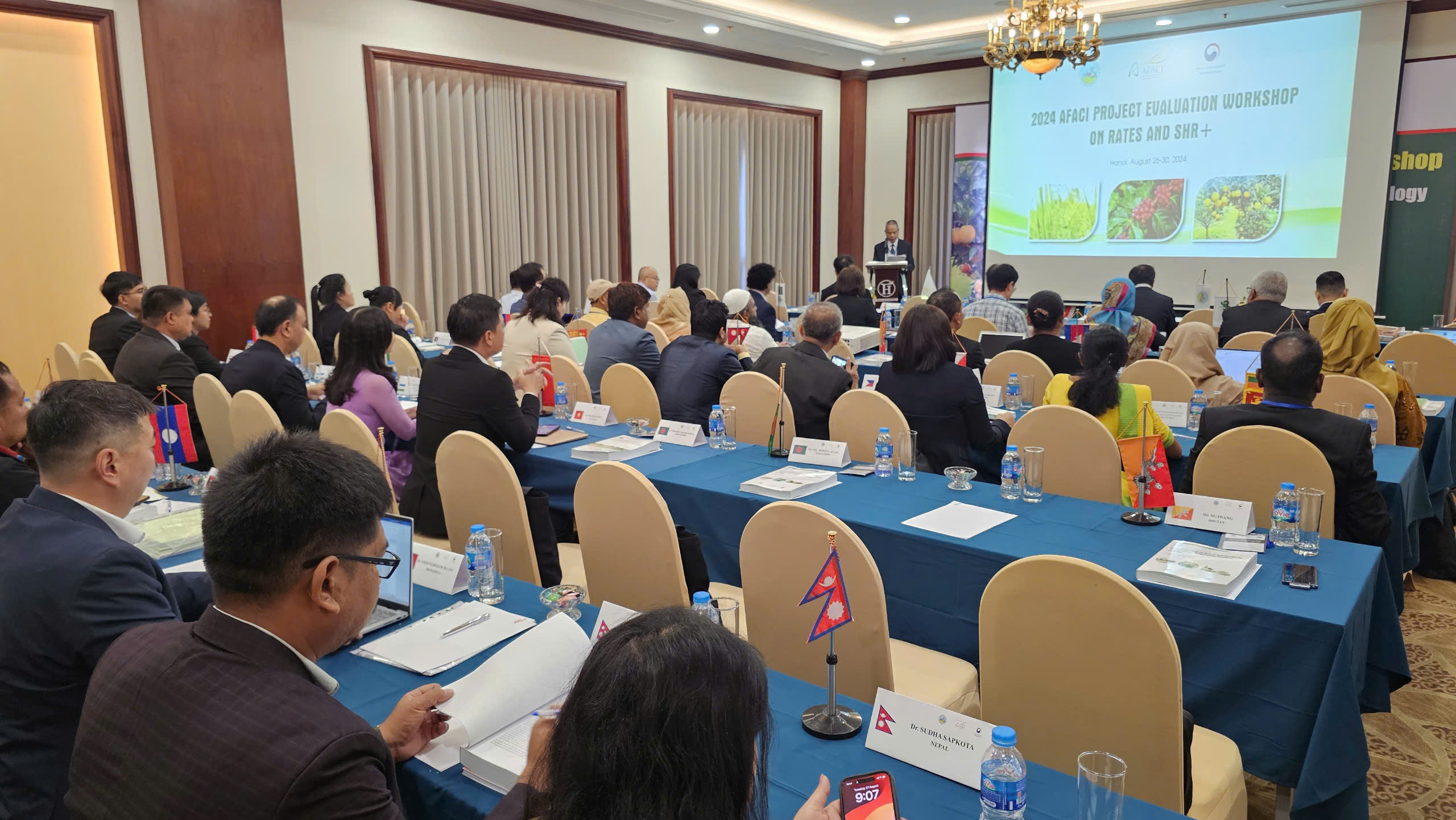
The workshop in Vietnam took place over 3 days, from August 27 to 29, including field trips to the Vietnam Academy of Agricultural Sciences and visits to citrus growing areas in Cao Phong district, Hoa Binh province.
The Asian Food and Agriculture Cooperation Initiative (AFACI) was established in November 2009 in Seoul, Korea, with the participation of 12 Asian countries. To date, AFACI has 15 member countries, including: Bangladesh, Bhutan, Cambodia, Laos, Indonesia, Kyrgyzstan, Mongolia, Myanmar, Nepal, Philippines, Sri Lanka, Thailand, Uzbekistan, Vietnam and Korea. The AFACI Secretariat is located at the International Technology Cooperation Center (ITCC), Rural Development Administration in Jeonju Province (Korea).
The vision of AFACI is to establish a network of Asian countries to jointly address issues of food production, sustainable agriculture and industrialization of the food and agricultural sectors of the Asian region; to strengthen the partnership of member countries in the international community.
The RDA initiated AFACI as part of its efforts to share agricultural knowledge and technology with Asian countries. Since 2009, the RDA and the AFACI Secretariat have implemented 25 projects in member countries, of which 6 are ongoing.
Notably, the project "Strengthening Agricultural Extension Services in Asia" (RATES), implemented by 13 member countries, aims to strengthen the agricultural extension system and enhance the agricultural extension capacity of member countries towards a competitive agricultural sector.
Accordingly, this project has three main components: Creating and analyzing the agricultural system baseline through conducting surveys, focus group discussions and stakeholder consultations; Building the capacity of extension officers and farmers through training and workshops; Strengthening agricultural extension strategies and activities through implementing effective approaches to technology dissemination and demonstration on agricultural commodities.
The RATES project in Vietnam, implemented by the Vietnam Academy of Agricultural Sciences from 2023-2025, aims to achieve a more effective agricultural extension system and increase the application of technologies in agriculture.
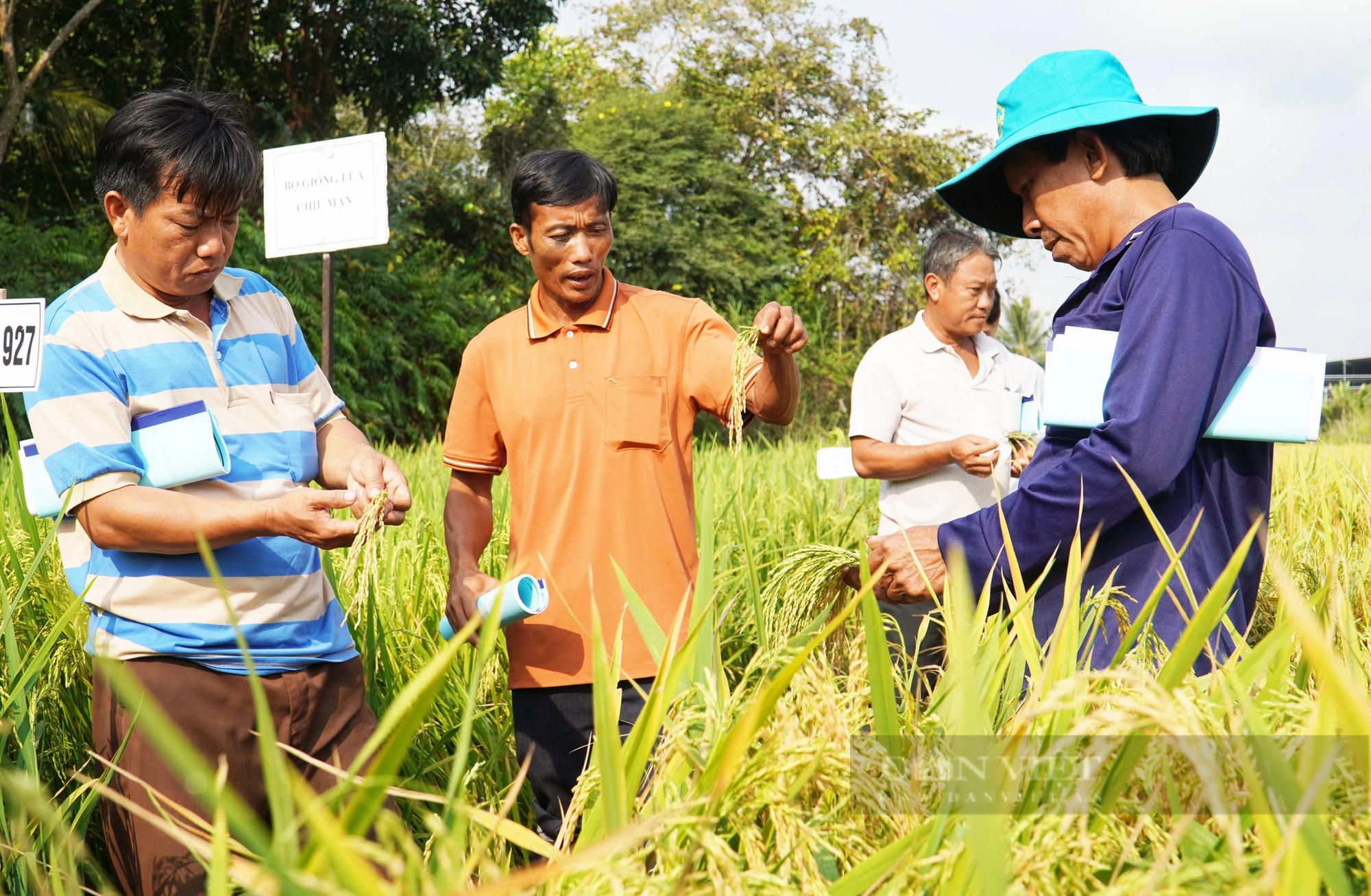
People and cooperatives visit new rice varieties of the Mekong Delta High-Tech Agricultural Research Institute. Photo: Huynh Xay
The second project, also implemented in Vietnam, is called "High-yielding, stress-tolerant rice varieties suitable for member countries" (SHR+), implemented by the Mekong Delta Rice Research Institute in the period 2022 - 2024, also funded by AFACI. Accordingly, this project utilizes rice varieties that are able to withstand a variety of biotic and abiotic stress conditions developed by the International Rice Research Institute (IRRI), with the aim of developing, testing and disseminating superior rice varieties in 11 member countries in South Asia and Southeast Asia.
The project has three main components: Establishing a pilot network with standard operating procedures across the identified countries; Evaluating and identifying superior varieties with desirable traits such as drought, flood and salinity tolerance, and high yield potential; Capacity building for participating member countries.
Along with enhancing capacity in modern rice breeding technology, the member countries participating in the project have identified the expectation of improving rice productivity, thereby contributing to increasing farmers' income and ensuring food security.
Every year, the AFACI Secretariat and specialized agencies under the Rural Development Administration of Korea conduct project implementation evaluations in a number of member countries. In 2024, Vietnam was selected to evaluate the implementation results of the RATES and SHR+ projects and discuss plans for effective replication of these projects in the future.
Speaking at the opening ceremony, Dr. Nguyen Hong Son, President of the Vietnam Academy of Agricultural Sciences, said that since its establishment in 2009, AFACI has implemented many high-quality intergovernmental and multilateral cooperation projects with the aim of improving food production and promoting sustainable agriculture in Asian countries through the transfer and sharing of knowledge and technology. "I am very pleased to learn about the great contributions of AFACI in 15 Asian countries, including Vietnam, especially thanks to the close cooperation we have developed through projects, international training, workshops and seminars," said Mr. Son.
Dr. Myoung Rae Cho, Director of the Korea Center for International Agriculture (KOPIA), acknowledged that from initial efforts, AFACI is now widely deployed in many Asian countries, helping to spread and develop strong partnerships between countries.
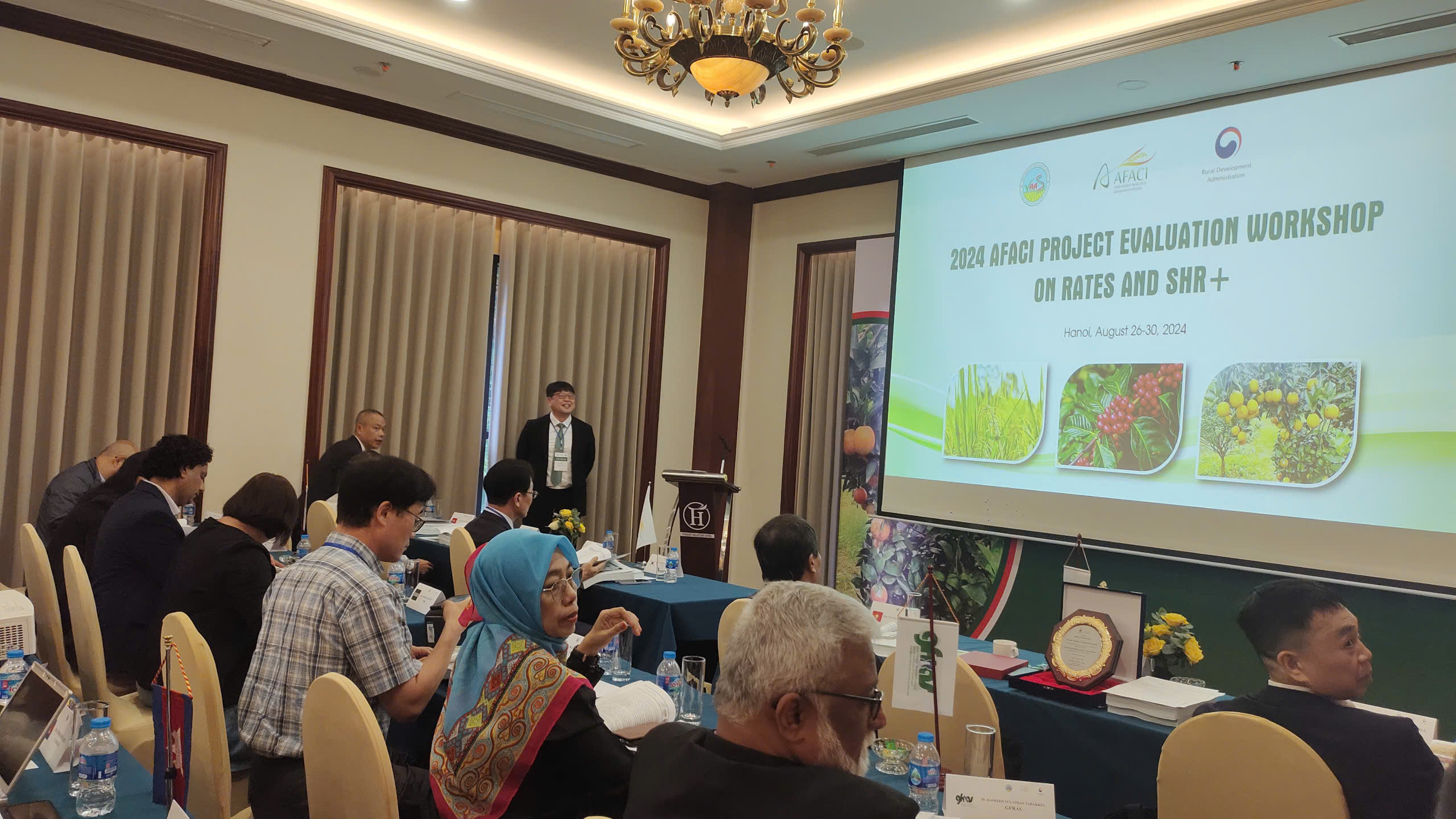
Korean representative presented a paper at the Workshop. Photo: Minh Hue
"The results of the project have exceeded initial expectations and brought many practical benefits to Asian agriculture in particular and the world in general. In the context of increasingly severe climate change, research and development of drought-tolerant, flood-tolerant and salt-tolerant rice varieties with short growing periods is extremely urgent. These studies not only help improve rice yield and quality but also suit the natural and socio-economic conditions of each Asian country," said Mr. Myoung Rae Cho.
The Director of the Korea International Agricultural Center said that the agricultural extension sector is also a major challenge today. Therefore, agricultural extension activities will support farmers to access new technological advances and improve farming methods and production management. Training and technical assistance programs sponsored by AFACI have contributed to raising farmers' awareness and skills, thereby increasing production efficiency and income for participants.
"Through this meeting, we will have a great opportunity to exchange and learn from key rice scientists across Asia, especially from famous rice-producing countries, to overcome the difficulties that are occurring in rice production. With the cooperation and efforts of all parties, we will achieve good results and continue to promote sustainable agricultural development in AFACI member countries," Dr. Myoung Rae Cho believes.
Representative from the Philippines, Dr. Sankalp Bhosale, Deputy Head of the Rice Innovation Department (International Rice Research Institute IRRI) said that there are currently more than 40 models in 11 countries testing rice varieties selected by IRRI. Testing and testing on a large scale of these varieties helps people have more choices, as well as increasing the ability to create superior varieties that are resistant and ensure productivity.
“Short-duration, salt- and water-logging-tolerant varieties are being tested in Vietnam, Cambodia and Sri Lanka. Meanwhile, medium- to long-term flooding-tolerant and/or salt-tolerant rice varieties are being developed and tested in Indonesia, Myanmar, Nepal, Laos and Bangladesh,” he said, adding that in the coming period, some superior varieties may be considered for registration in the testing countries.
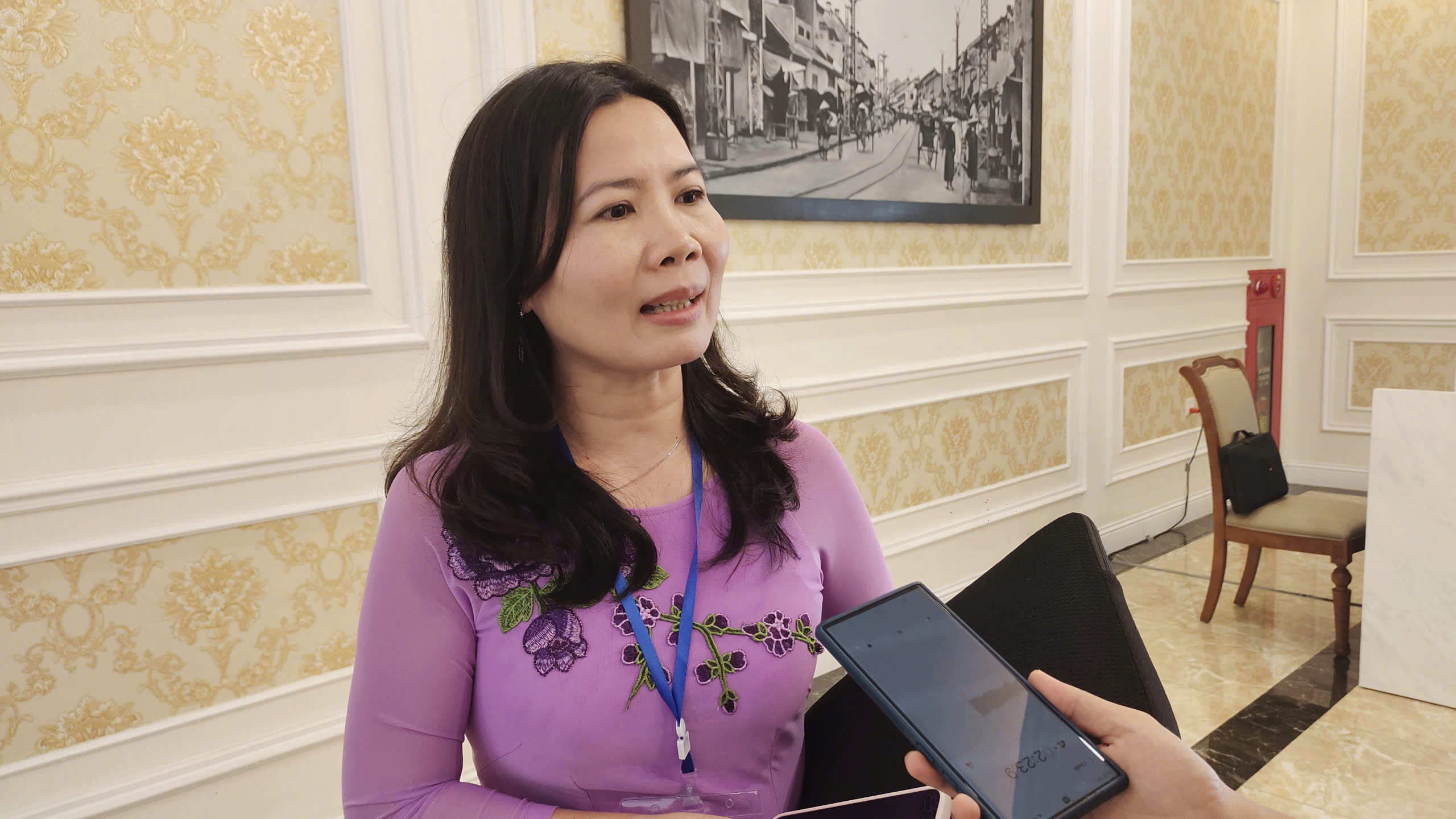
Ms. Nguyen Thuy Kieu Tien, Deputy Director of the Mekong Delta Rice Research Institute, was honored as an outstanding project in 2023 by AFACI. Photo: Minh Hue
At this event, the AFACI Secretariat announced the ranking of outstanding projects in the past year. Among them, the representative of Vietnam honored was Ms. Nguyen Thuy Kieu Tien, Deputy Director of the Mekong Delta Rice Research Institute, head of the project "High-yield, climate-tolerant rice varieties suitable for member countries" (SHR+).
Talking to Dan Viet, Ms. Kieu Tien said that through the SHR+ Project with active support from international friends, the Mekong Delta Rice Institute has received materials such as drought, flood, and salinity resistant rice varieties and Japonica round grain rice varieties, as well as financial support from AFACI to organize testing and evaluation.
"These flood and salinity resistant rice varieties are very valuable to the Mekong Delta, from which we can use them directly or crossbreed them to create new rice varieties with higher efficiency, suitable for the Mekong Delta. For the round grain Japonica rice variety, the supported material source is temperate, but when brought to the Mekong Delta, we will crossbreed to find a tropical Japonica variety with high quality for export. With the increasingly complex and unpredictable climate change situation in the Mekong Delta, we hope to soon crossbreed quality rice varieties, suitable for widespread production," Ms. Tien said.
Source: https://danviet.vn/cac-nha-khoa-hoc-hang-dau-tu-15-quoc-gia-hien-ke-ve-giong-lua-chong-chiu-bien-doi-khi-hau-vn-20240828135312652.htm



![[Photo] Close-up of Vietnam's sniffer dog team searching for earthquake victims in Myanmar](https://vstatic.vietnam.vn/vietnam/resource/IMAGE/2025/4/1/d4949a0510ba40af93a15359b5450df2)
![[Photo] General Secretary To Lam receives King Philippe of Belgium](https://vstatic.vietnam.vn/vietnam/resource/IMAGE/2025/4/1/e5963137a0c9428dabb93bdb34b86d7c)
![[Photo] Prime Minister Pham Minh Chinh meets with King Philippe of Belgium](https://vstatic.vietnam.vn/vietnam/resource/IMAGE/2025/4/1/be2f9ad3b17843b9b8f8dee6f2d227e7)

![[Photo] President Luong Cuong and King Philippe of Belgium visit Thang Long Imperial Citadel](https://vstatic.vietnam.vn/vietnam/resource/IMAGE/2025/4/1/cb080a6652f84a1291edc3d2ee50f631)
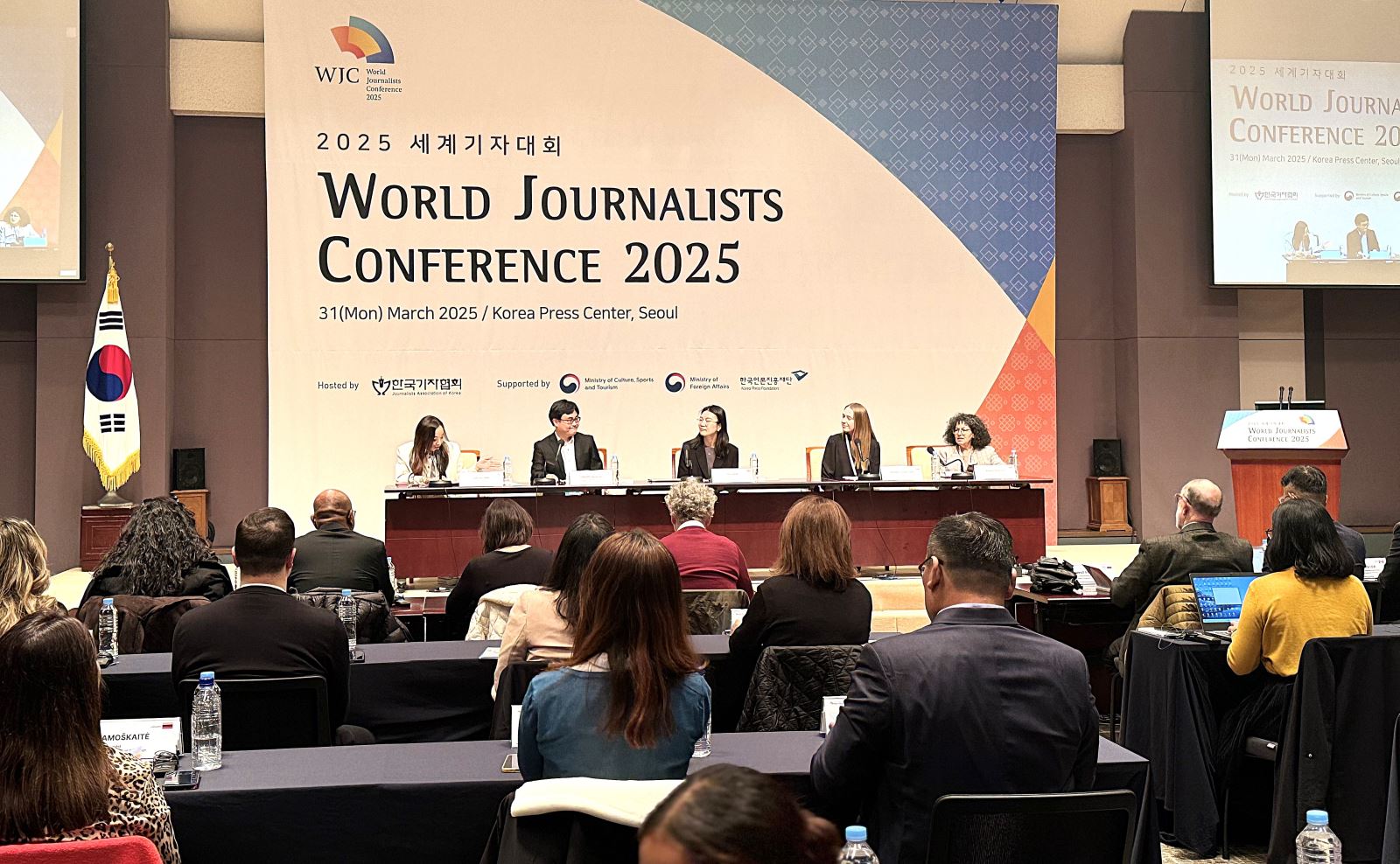

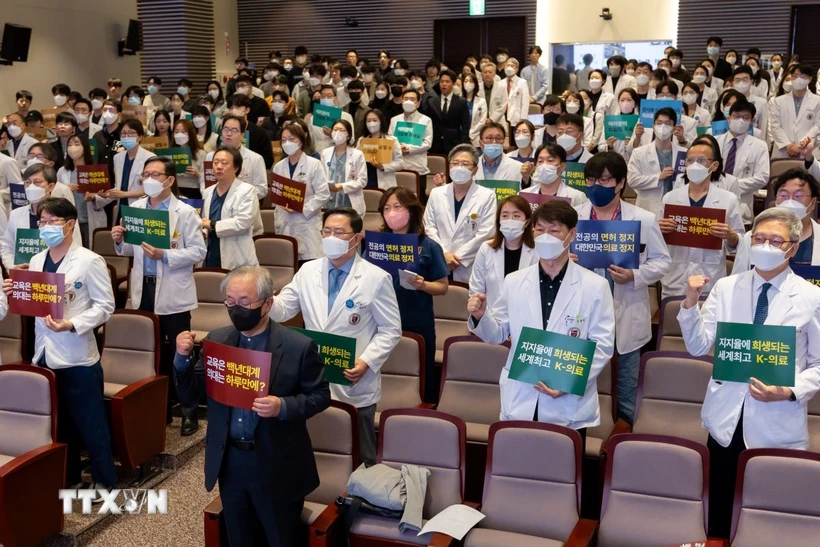

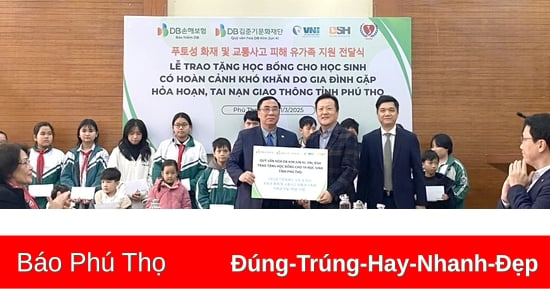



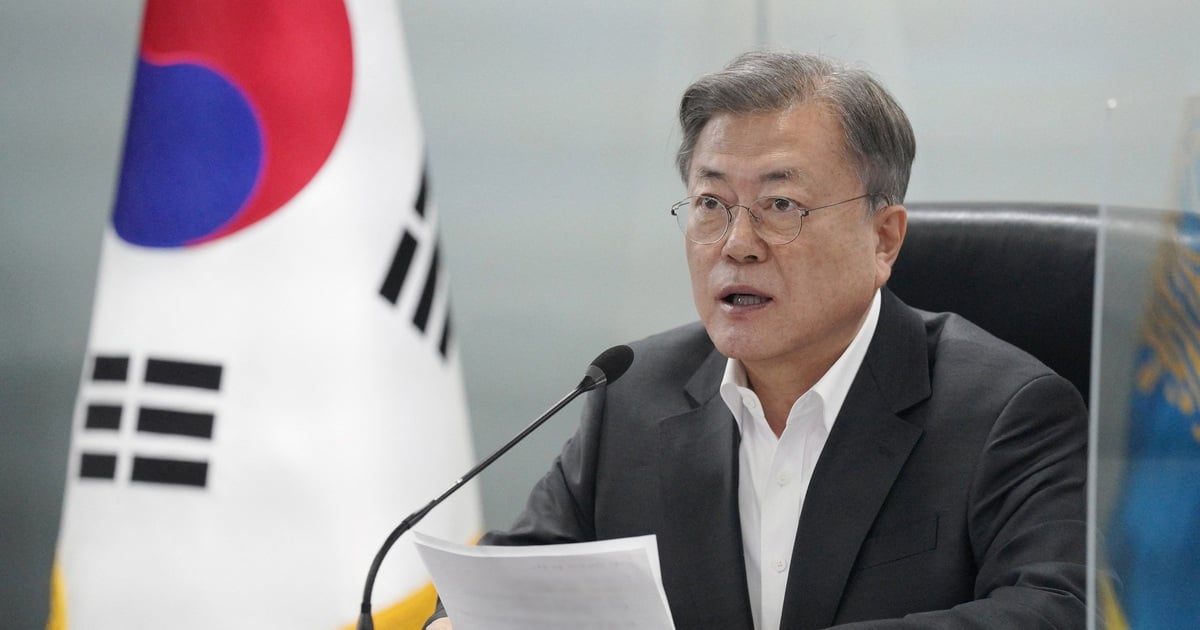
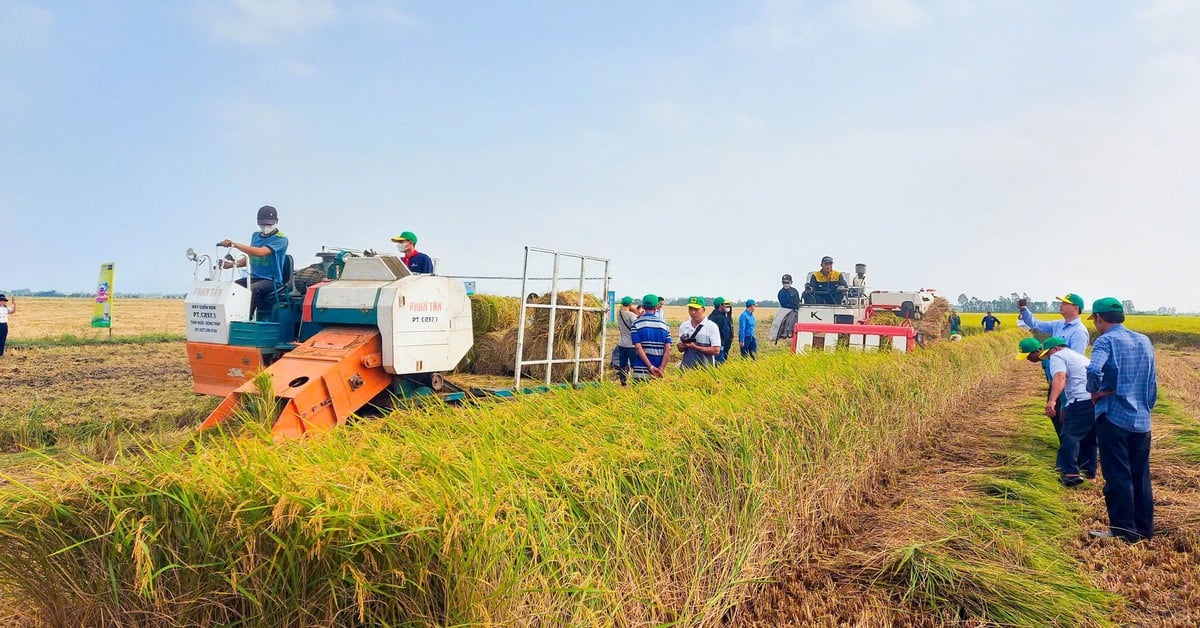

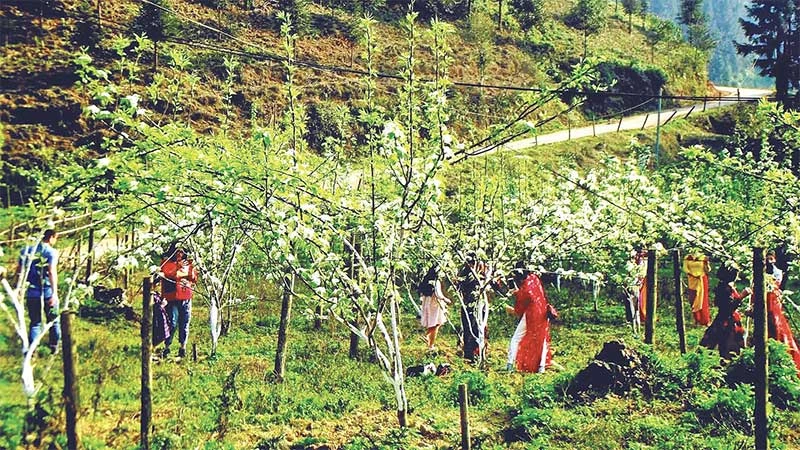
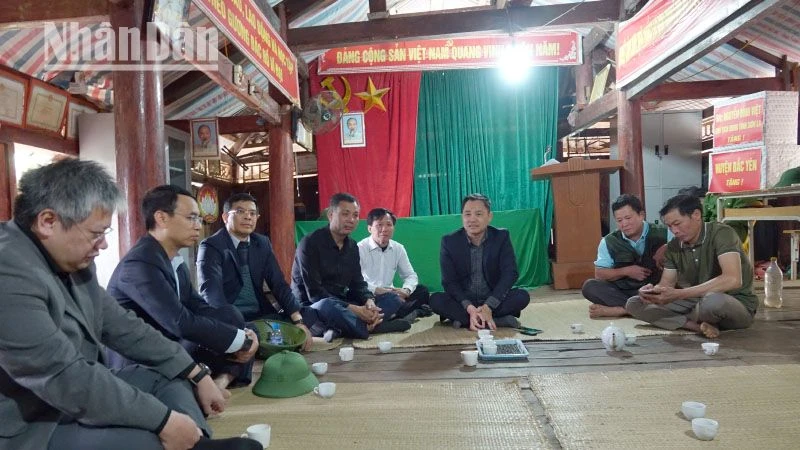
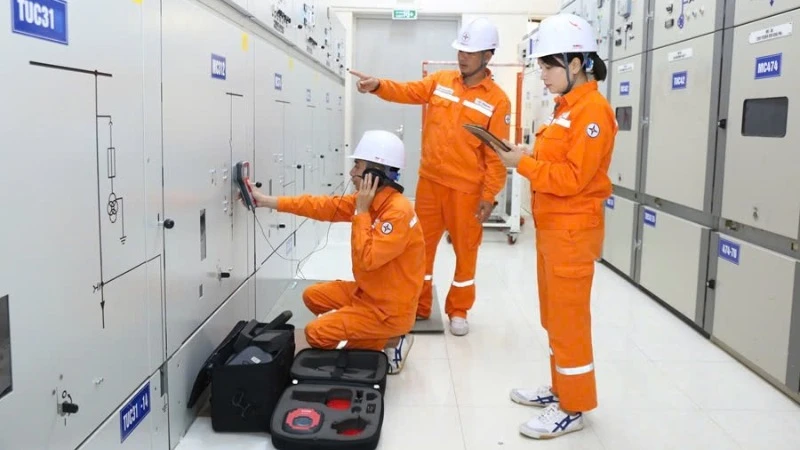
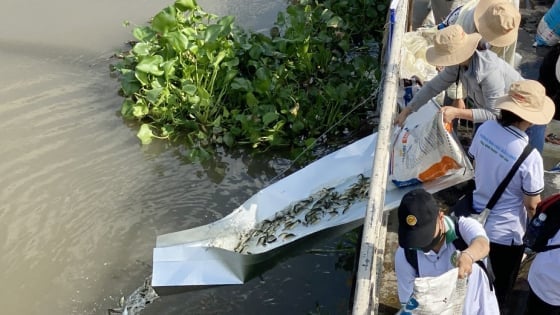
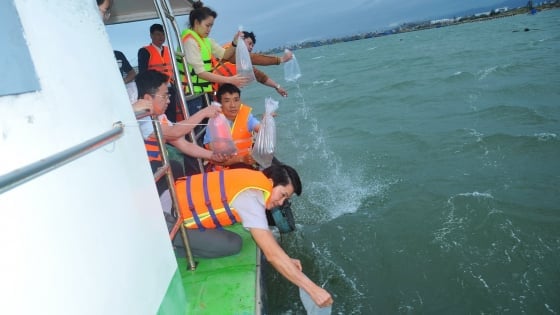
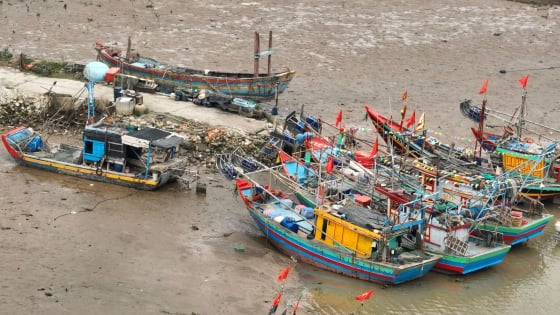




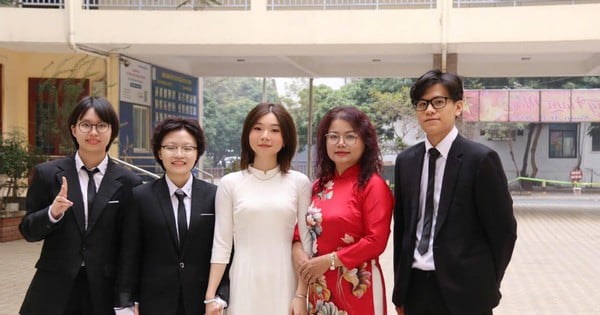
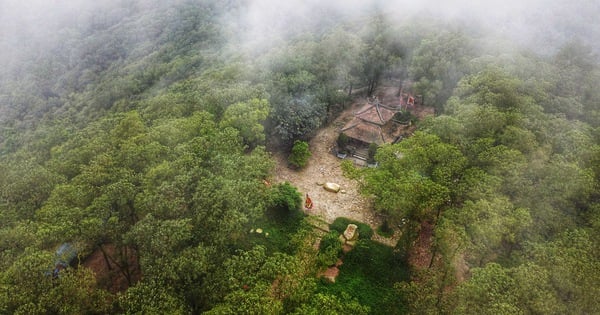
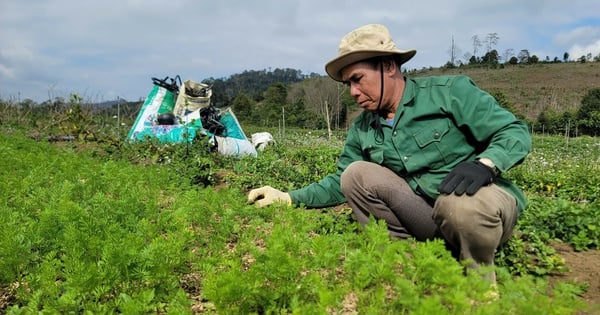
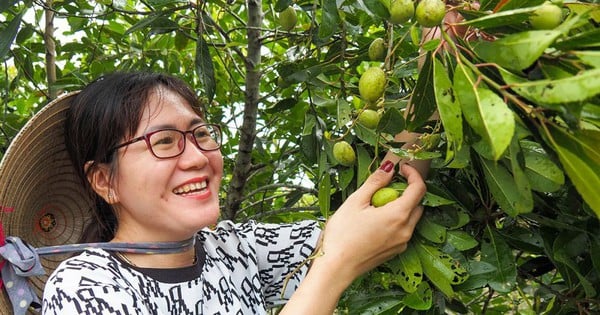
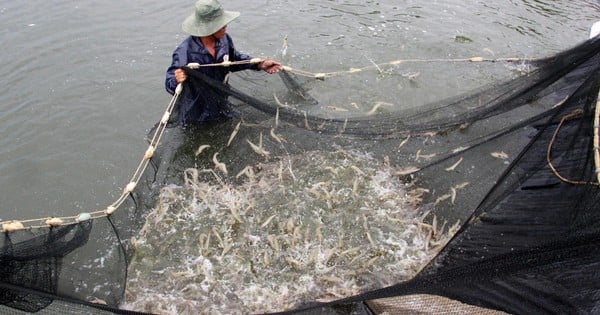
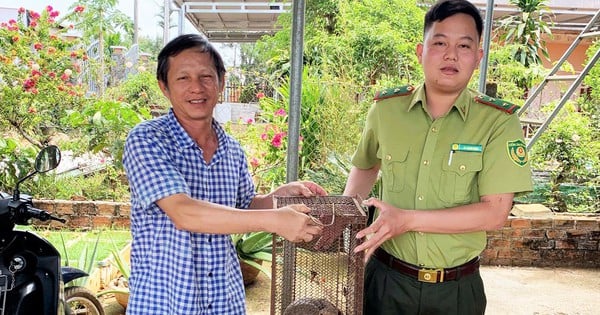
![[Photo] Myanmar's capital in disarray after the great earthquake](https://vstatic.vietnam.vn/vietnam/resource/IMAGE/2025/4/1/7719e43b61ba40f3ac17f5c3c1f03720)








































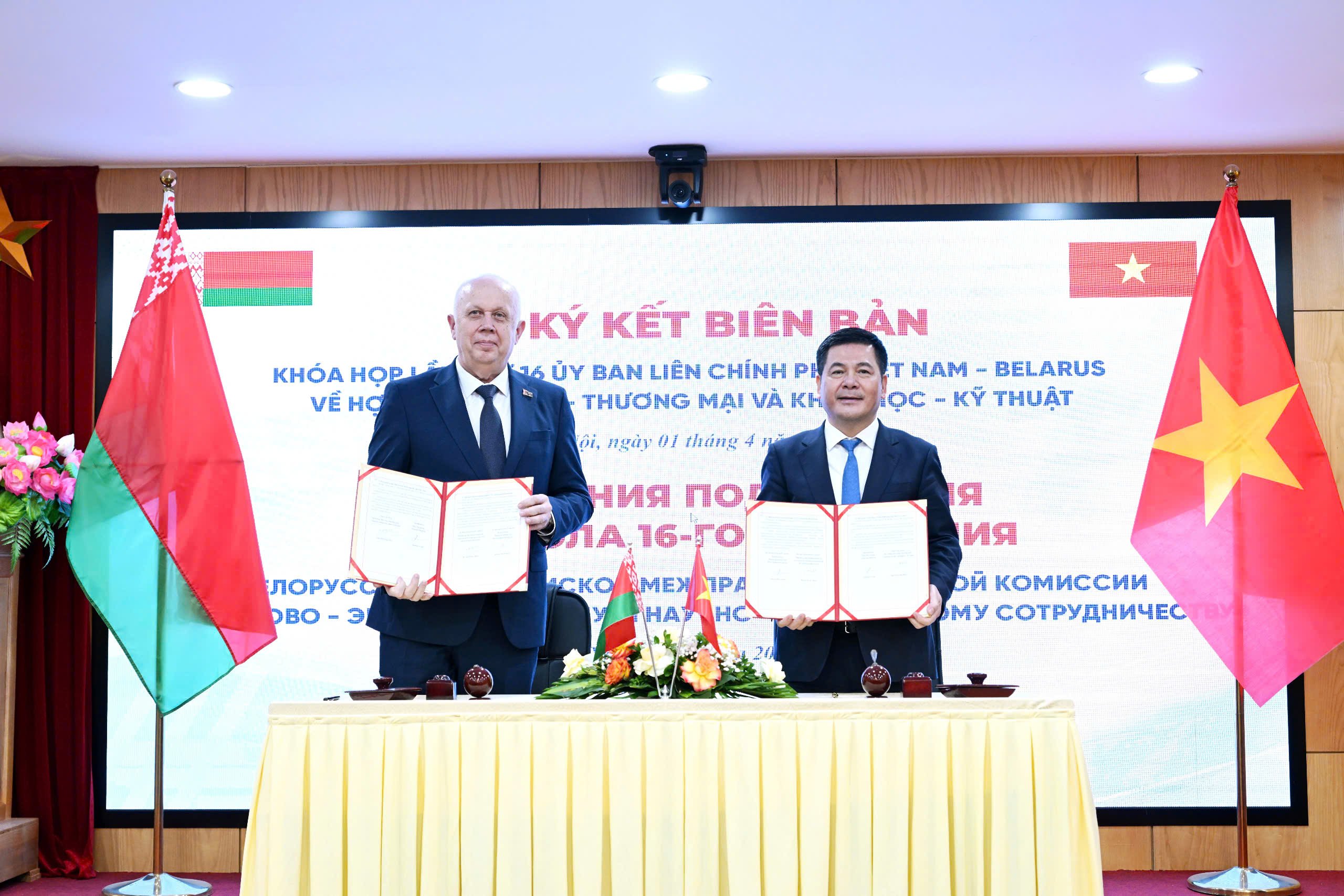
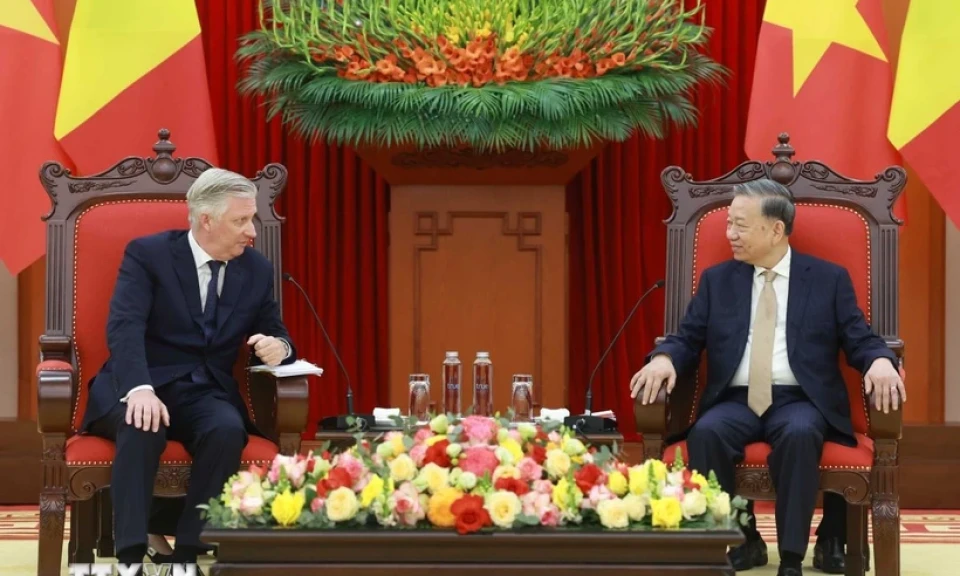
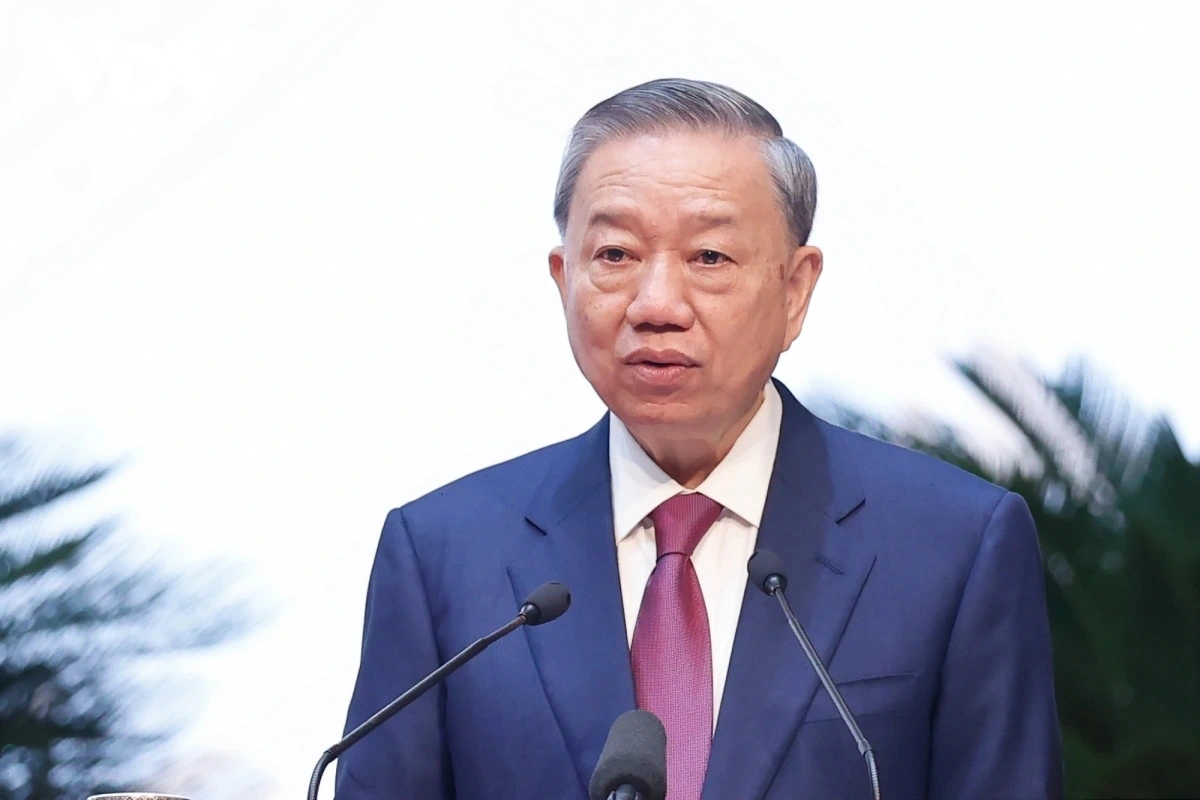

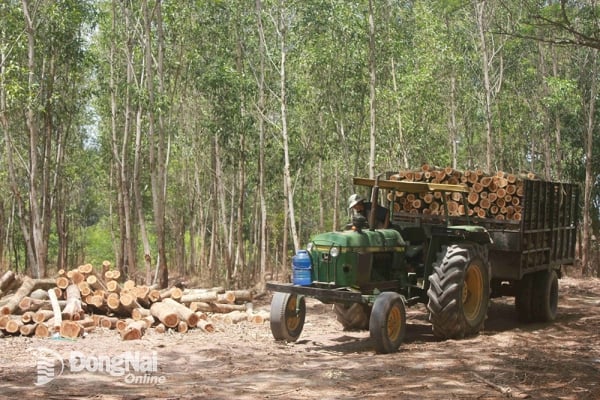
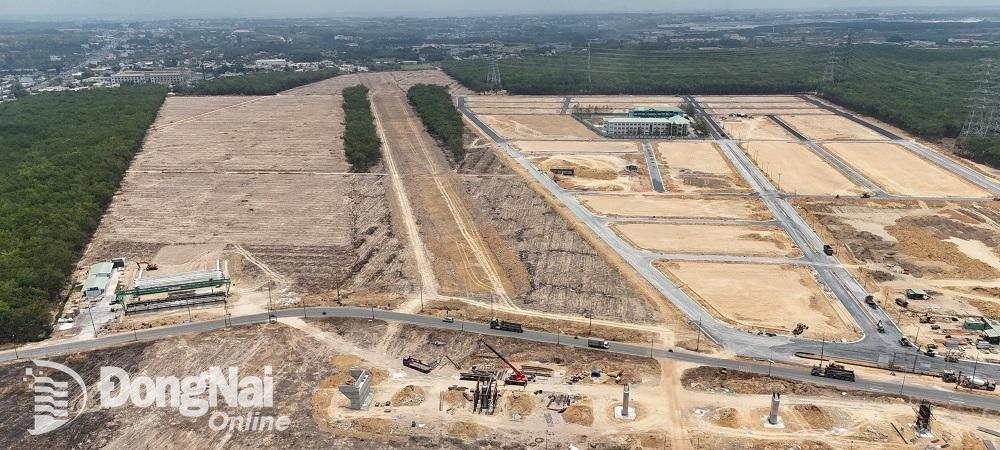
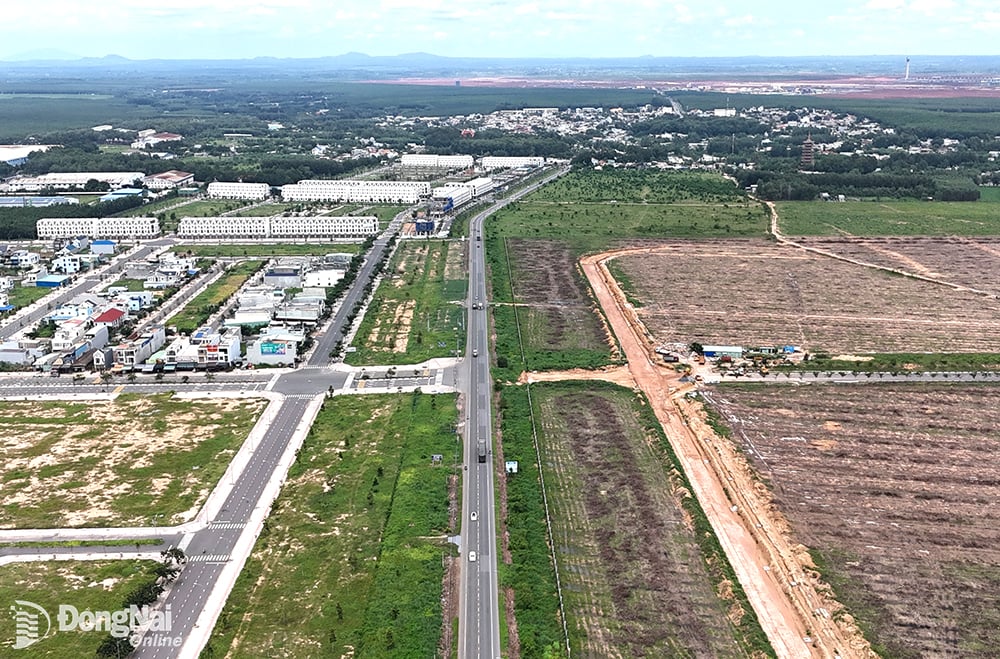
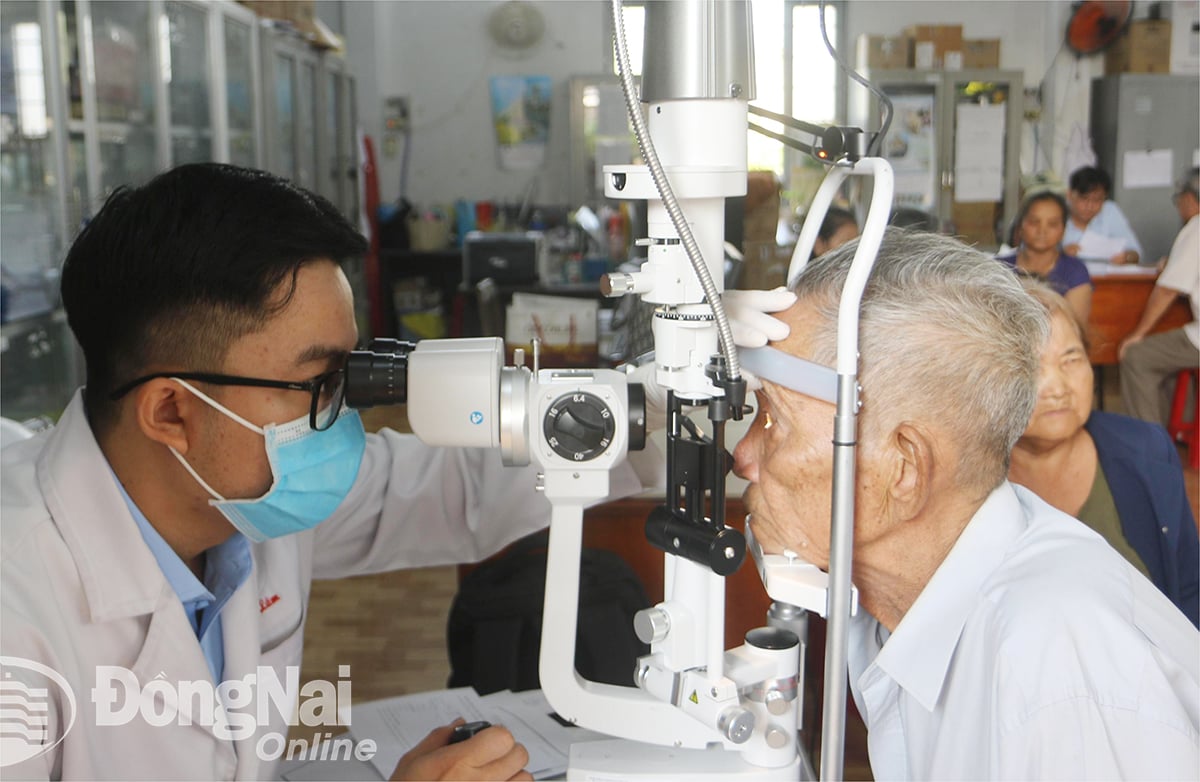











Comment (0)